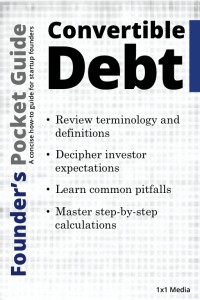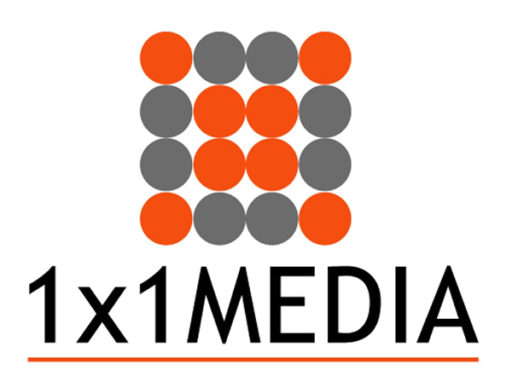 Everybody talks about VCs and Venture Capital as the holy grail of startup funding, and yes, multi-million dollar investment rounds make great headlines.
Everybody talks about VCs and Venture Capital as the holy grail of startup funding, and yes, multi-million dollar investment rounds make great headlines.
But the reality is, Angel investors write 16 times more checks than VCs. And the preferred initial funding structure for many angel groups is convertible debt. With convertible debt, the investor makes a loan to the startup and that loan later converts to equity at some point in the future.
Convertible debt is a win/win for startup founders and angel investors, offering several advantages over more complex equity funding structures:
Speed. Convertible debt provides a faster way for founders and investors to close deals. In an equity funding deal, many details are negotiated—including valuation, equity percentages, preferred share rights, and more. These all take time to work out. Convertible debt deals are faster.
Delayed Valuation. Convertible debt funding provides a method to raise money without putting a valuation on the company at the time when you issue the debt. Because the convertible debt deal starts out as a loan, there is no need to establish the pre-money valuation of the startup—that task is deferred to the next equity round.
Lower Legal Fees. As compared to closing a full-blown equity deal, a convertible debt agreement typically requires fewer/shorter legal documents to execute, therefore limiting the billable legal hours.
For more on this common startup funding structure, check out the Founder’s Pocket Guide: Convertible Debt
